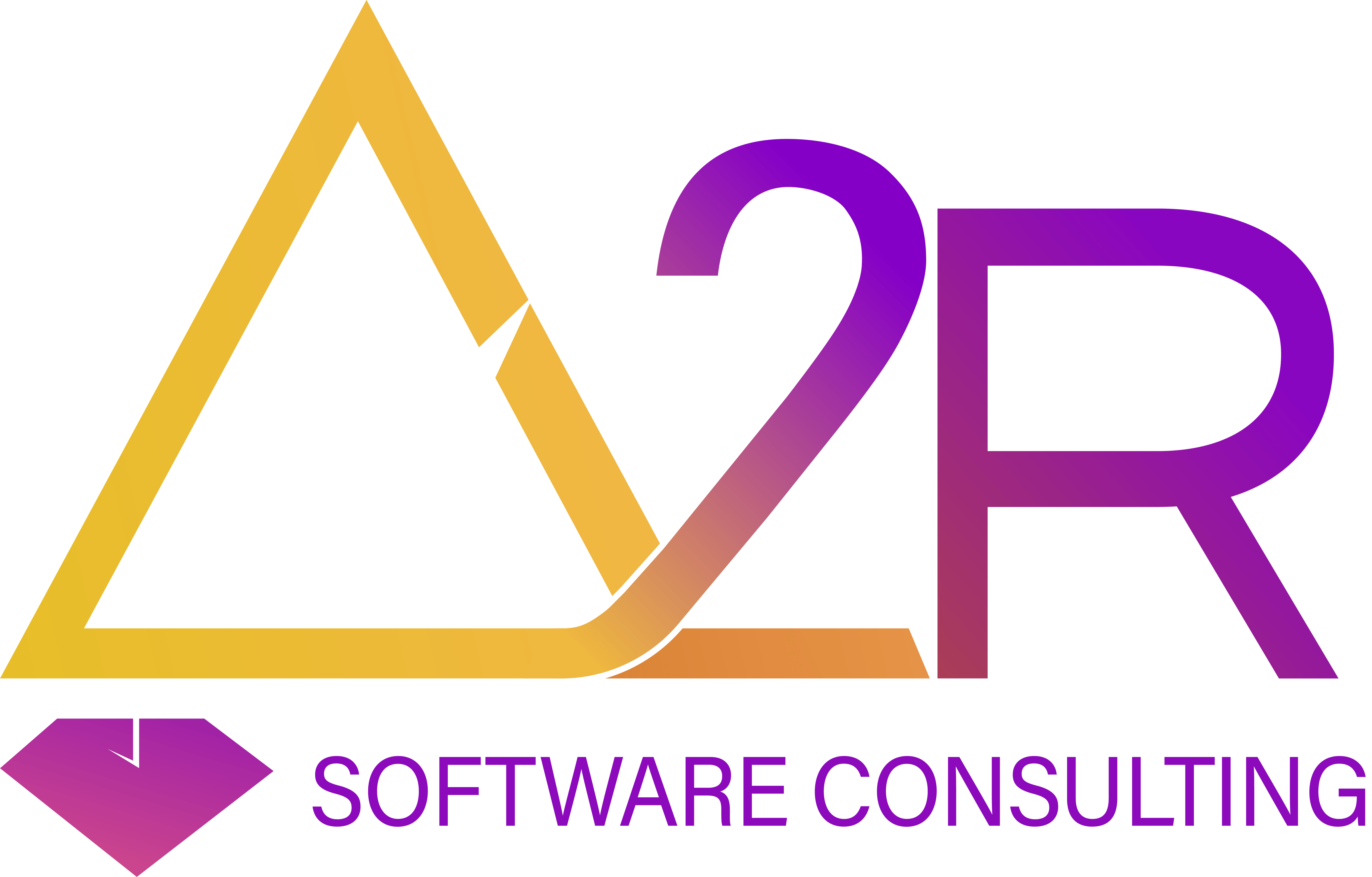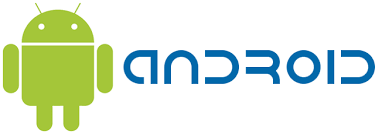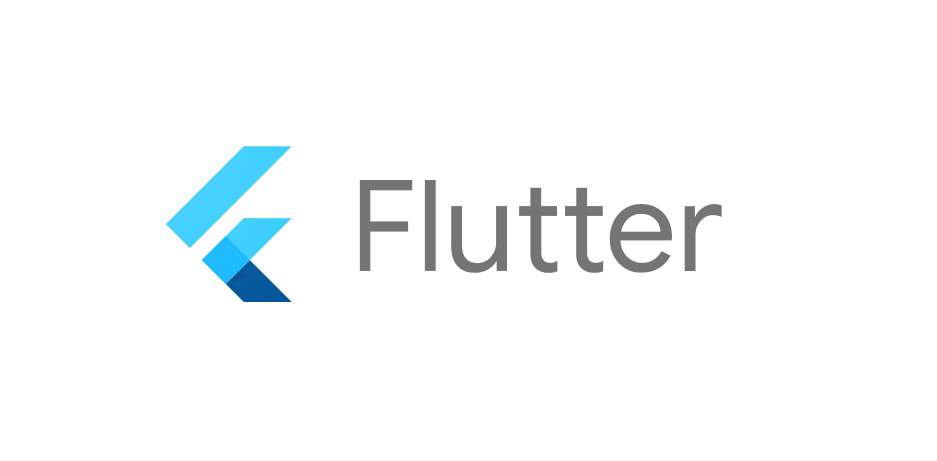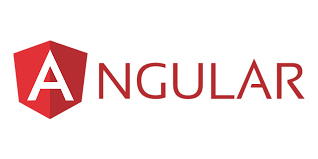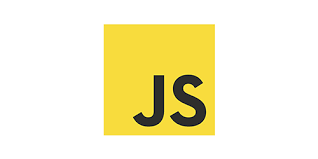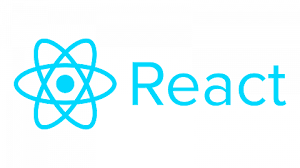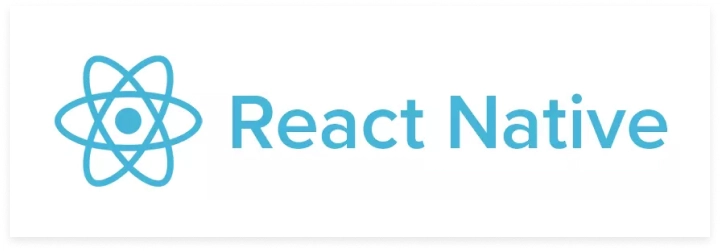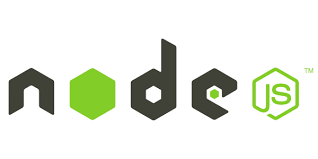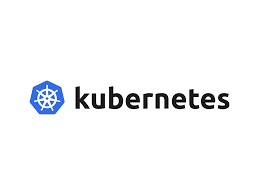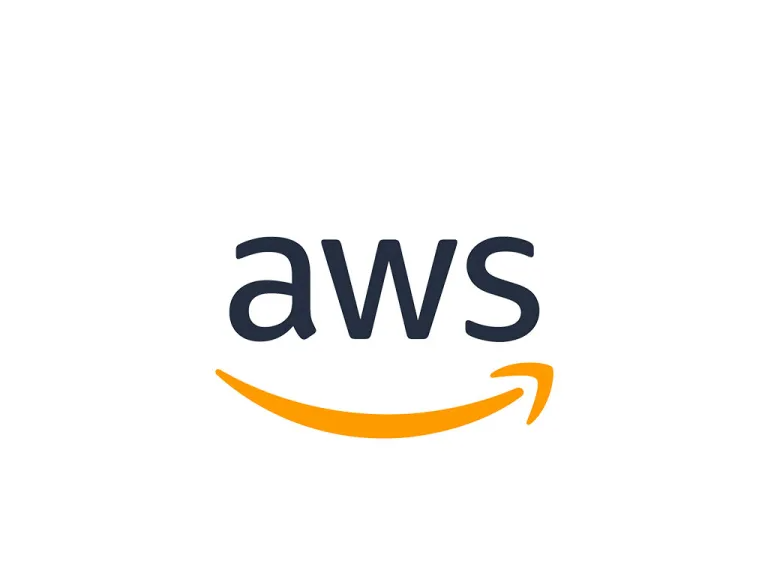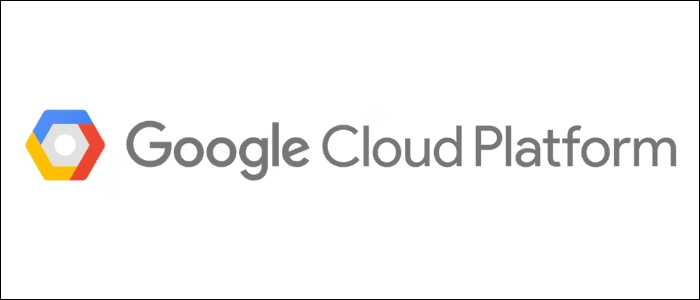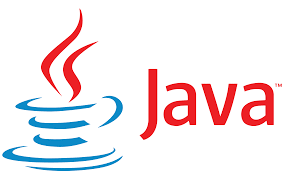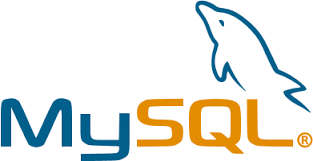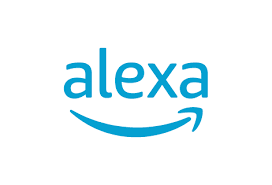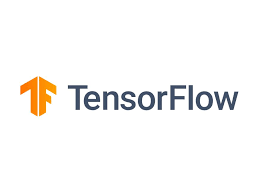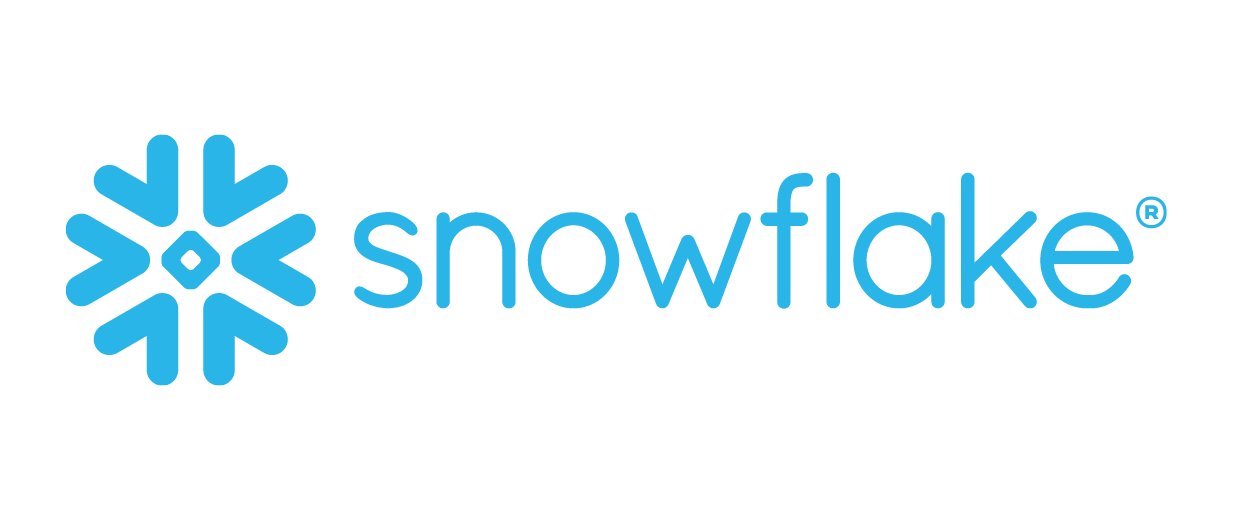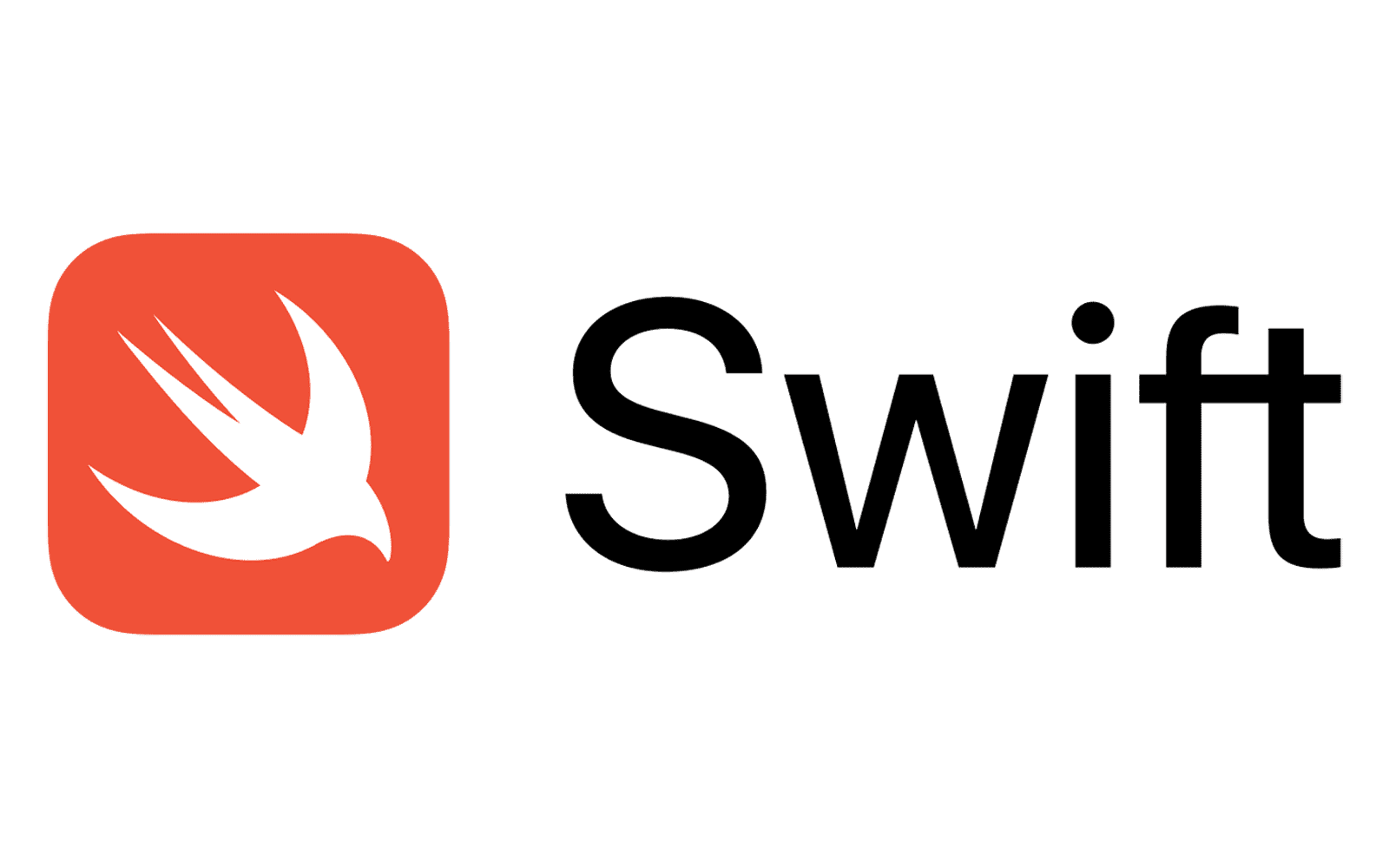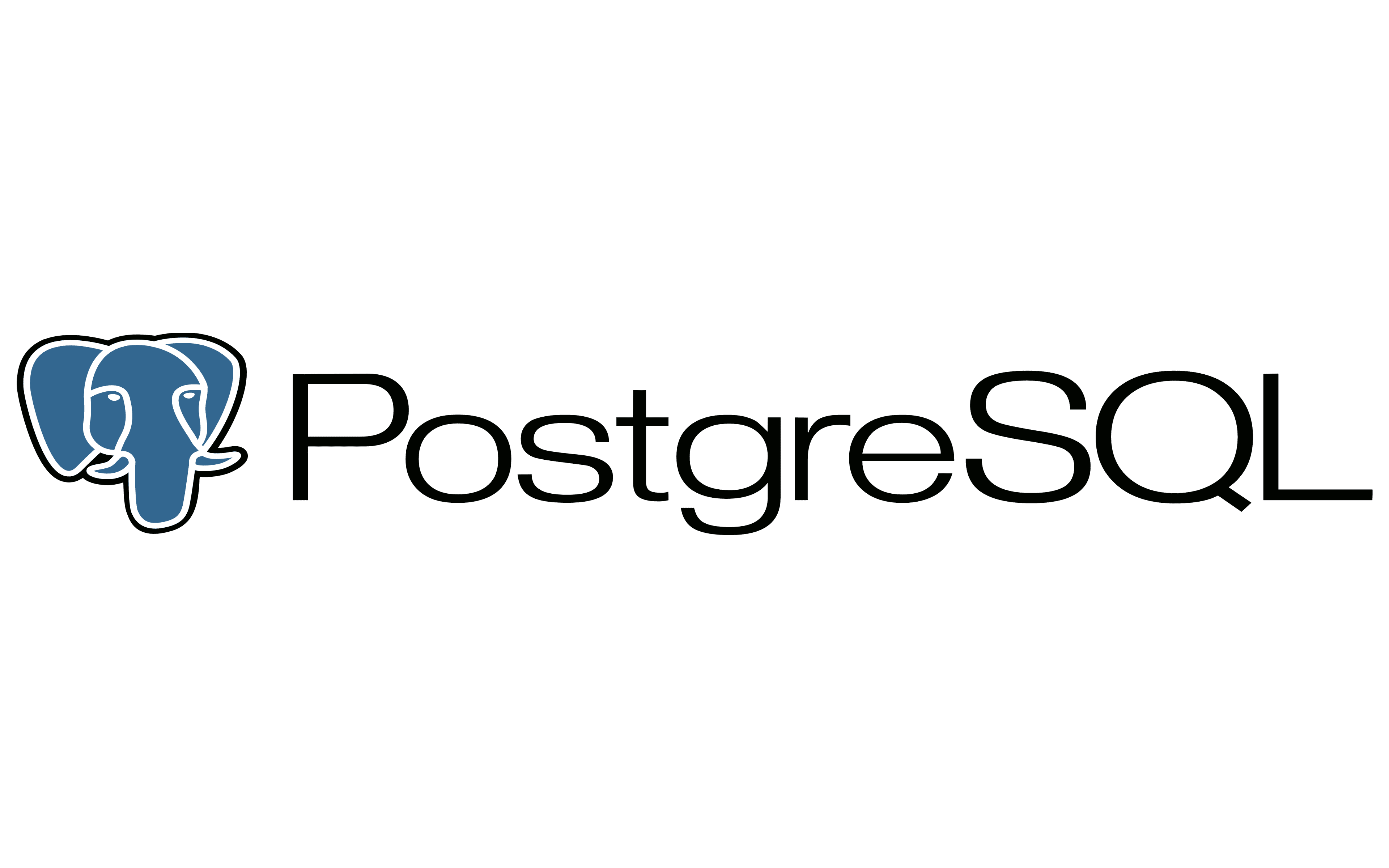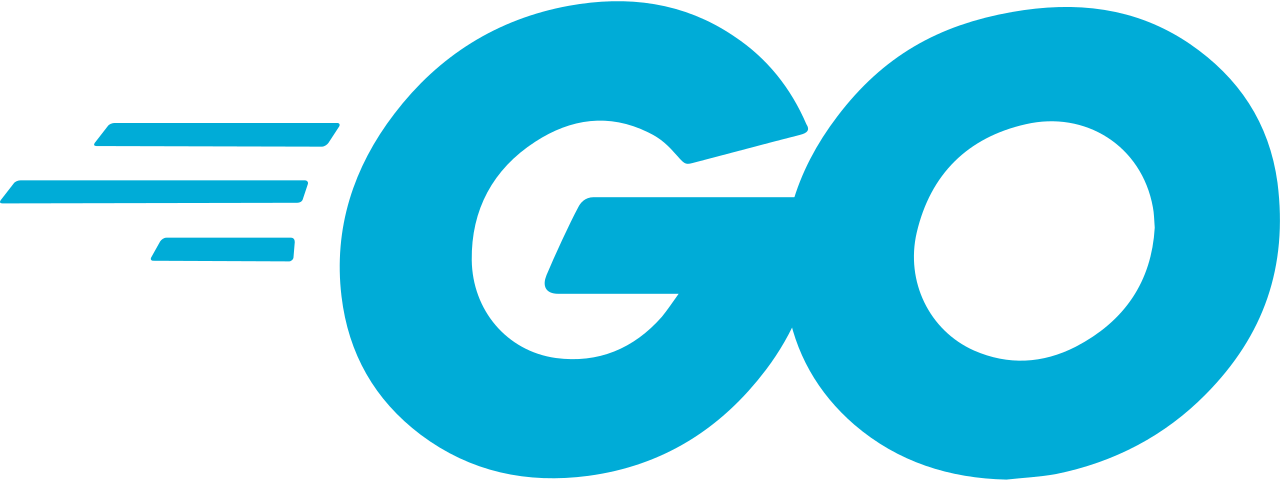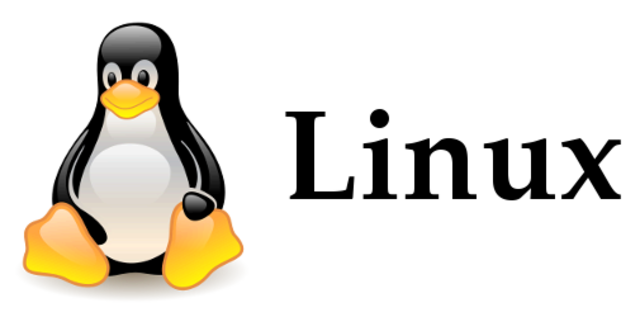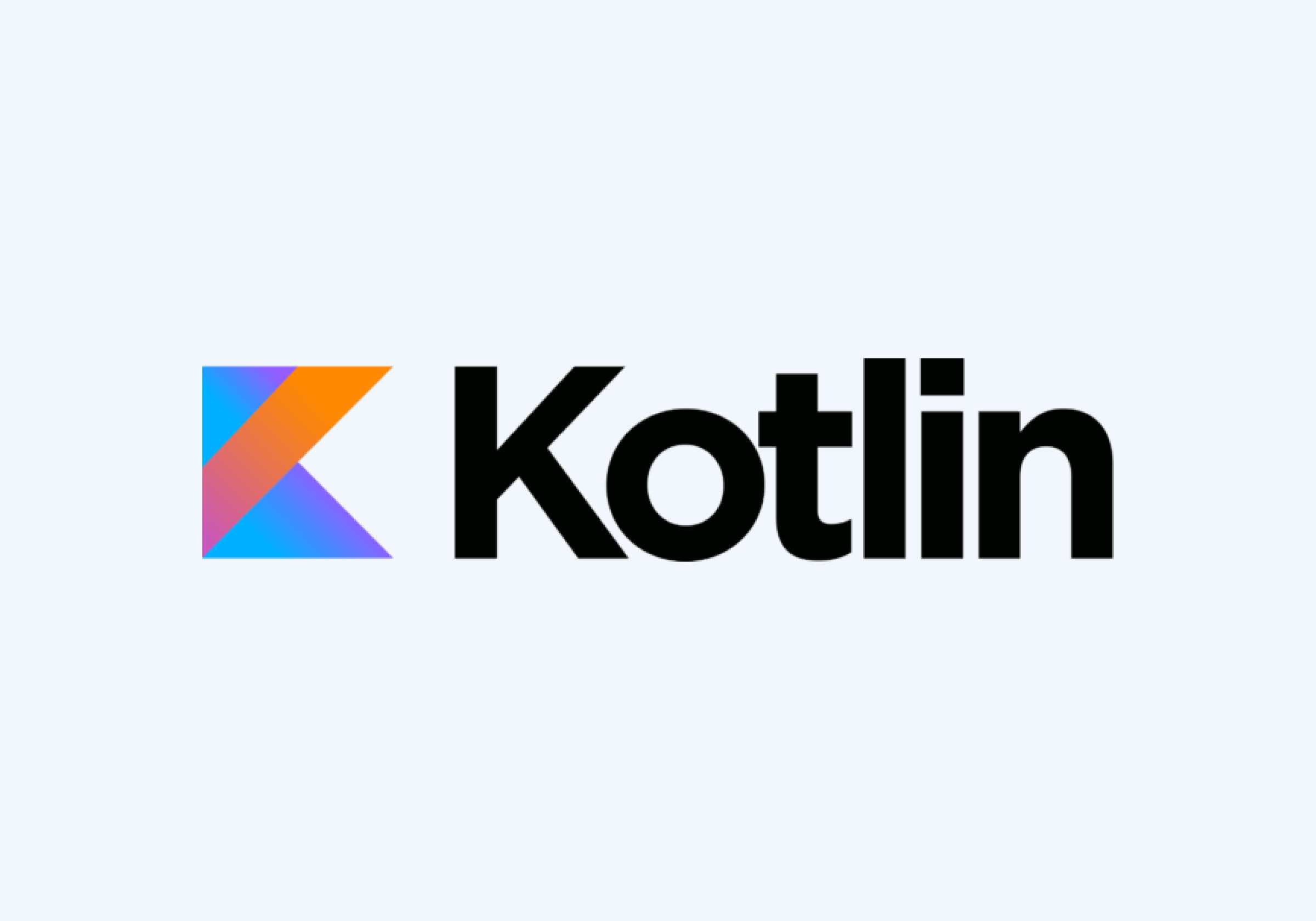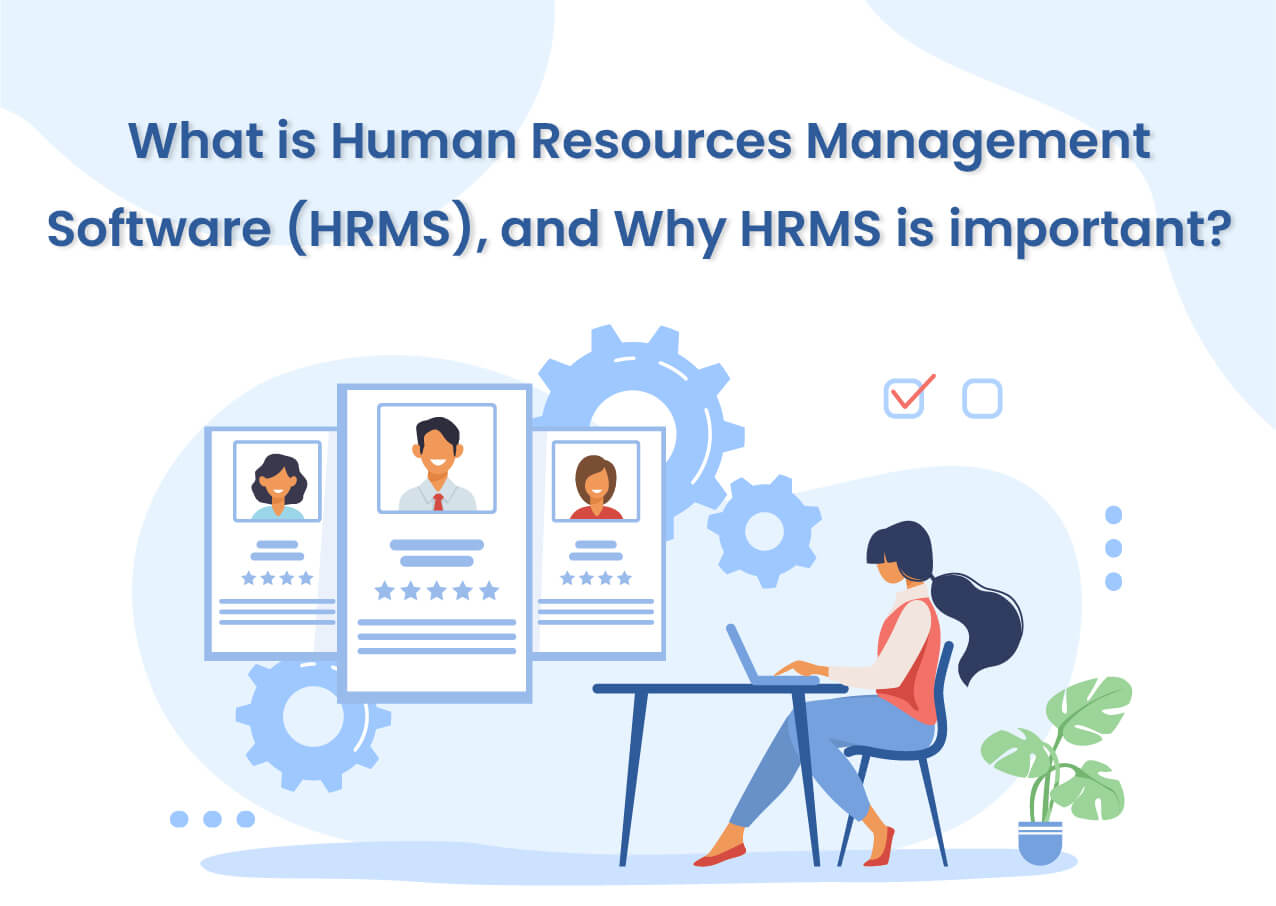
HRMS software
HRMS software:
HRMS software serves as a centralized platform for managing all aspects of HR operations, from recruitment and onboarding to payroll and performance management. It helps HR departments save time, improve efficiency, and enhance accuracy by digitizing manual tasks and providing real-time access to critical HR data.
Key Features:
Employee Database Management:
HRMS software maintains a centralized database containing all employee information, including personal details, contact information, employment history, skills, and qualifications.
Recruitment and Applicant Tracking:
It facilitates the entire recruitment process, from posting job vacancies to screening candidates and scheduling interviews. Applicant tracking features help HR teams manage candidate pipelines efficiently.
Onboarding and Offboarding:
HRMS software streamlines the onboarding process by automating tasks such as document collection, orientation scheduling, and training assignments. It also manages offboarding procedures, including exit interviews and clearance processes.
Attendance and Leave Management:
The software tracks employee attendance, including time-in/time-out records, overtime hours, and absenteeism. It also manages leave requests, approvals, and balances,
ensuring compliance with company policies and regulations.
Payroll Processing:
HRMS software automates payroll calculations, tax deductions, and direct deposits, reducing errors and ensuring timely and accurate payments to employees. It also generates payroll reports and integrates with accounting systems for financial reconciliation.
Performance Management:
This feature enables the creation and tracking of employee goals, performance evaluations, and feedback. HRMS software helps identify top performers, track progress, and align individual goals with organizational objectives.
Training and Development:
It facilitates employee training initiatives by organizing training programs, tracking attendance, and monitoring progress. HRMS software also identifies skill gaps and recommends development opportunities to enhance employee skills and knowledge.
Employee Self-Service Portal:
Employees can access the HRMS system to update personal information, view pay stubs, submit leave requests, and access company policies and documents. Self-service capabilities empower employees and reduce administrative burdens on HR staff.
Compliance and Reporting:
HRMS software helps ensure compliance with labor laws, regulations, and company policies by providing automated alerts and reminders. It also generates customizable reports on various HR metrics, such as turnover rates, workforce demographics, and training effectiveness.
Benefits:
Increased Efficiency:
By automating manual tasks and workflows, HRMS software improves efficiency and productivity within the HR department.
Data Accuracy:
Centralized data management reduces errors and inconsistencies in employee records, payroll calculations, and reporting.
Cost Savings:
HRMS software reduces administrative overhead and eliminates the need for paper-based processes, saving time and resources.
Improved Decision-Making:
Access to real-time HR data and analytics enables informed decision-making and strategic workforce planning.
Enhanced Employee Experience:
Self-service features empower employees to manage their HR-related tasks independently, improving satisfaction and engagement.In summary, HRMS software is a versatile solution that modernizes HR operations, enhances compliance, and supports organizational growth and success.
Skills

App Development
×
